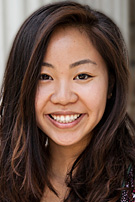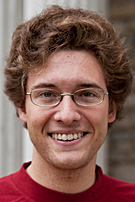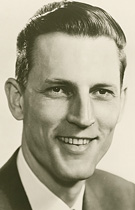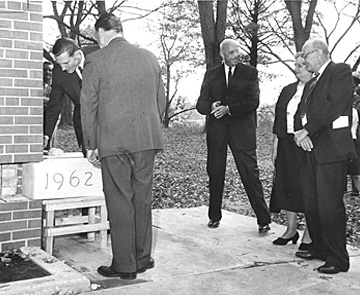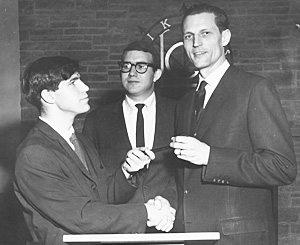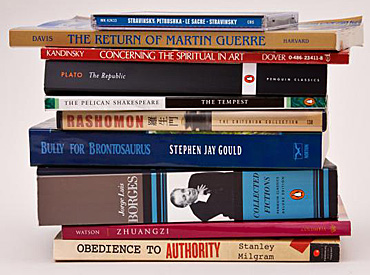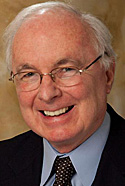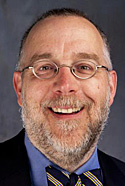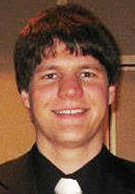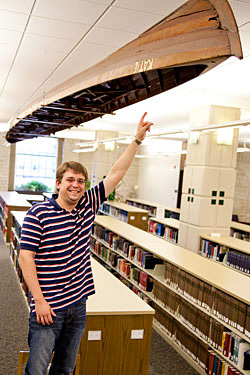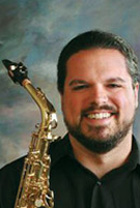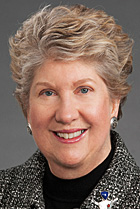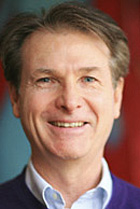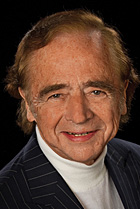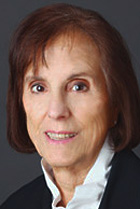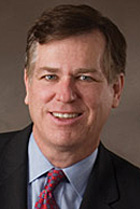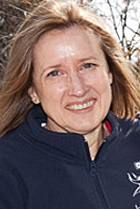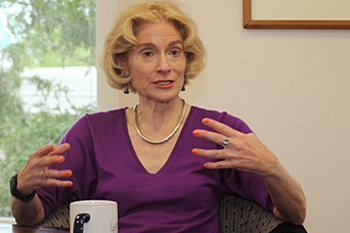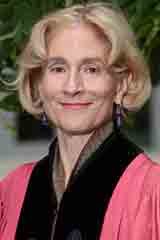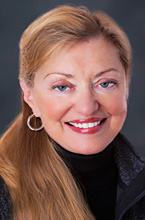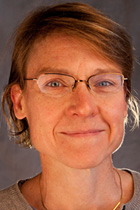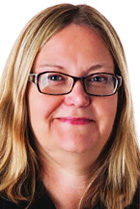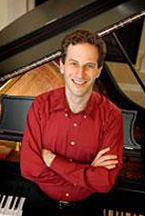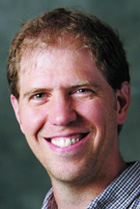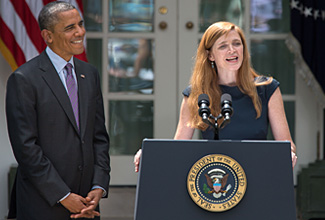Citing its “outstanding liberal arts curriculum, knowledgeable and caring faculty and an administration that treats students like adults,” former New York Times education editor Edward Fiske included Lawrence University in his 30th edition of the just-published “Fiske Guide to Colleges 2014 (Watermarked PDF).”
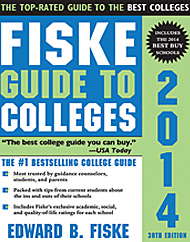 The guide, a selective and systematic look at more than 300 colleges and universities in the United States, Canada and Great Britain, is published annually as a resource for college-bound students and their families on which to base their educational choices. Institutions selected for inclusion are profiled on a broad range of subjects, including student body, academics, social life, financial aid, campus setting, housing, food, and extracurricular activities.
The guide, a selective and systematic look at more than 300 colleges and universities in the United States, Canada and Great Britain, is published annually as a resource for college-bound students and their families on which to base their educational choices. Institutions selected for inclusion are profiled on a broad range of subjects, including student body, academics, social life, financial aid, campus setting, housing, food, and extracurricular activities.
In a profile of Lawrence, Fiske cites the college for its “eclectic approach to learning that attracts interested and interesting students from around the world.” The guide also highlights Lawrence’s commitment to individualized learning, the expertise of the faculty and its broad, off-campus study opportunities.
Among the features included in the guide are:
- Overlap school suggestions based on which colleges share the most common applications
- a listing of schools that no longer require the SAT or ACT of all applicants, of which Lawrence is one.
- a preprofessional guide that outlines the best schools based on majors or course of study
- a Sizing-Yourself-Up questionnaire that will help you figure out what kind of school is best for you
Fiske, who spent 17 years as education editor of the New York Times, compiles his guide as a tool to broaden students’ horizons about American higher education and help them select the right college that coincides with their particular needs, goals, interests, talents and personalities.
About Lawrence University
Founded in 1847, Lawrence University uniquely integrates a college of liberal arts and sciences with a nationally recognized conservatory of music, both devoted exclusively to undergraduate education. It was selected for inclusion in the Fiske Guide to Colleges 2013 and the book “Colleges That Change Lives: 40 Schools That Will Change the Way You Think About College.” Individualized learning, the development of multiple interests and community engagement are central to the Lawrence experience. Lawrence draws its 1,500 students from nearly every state and more than 50 countries. Follow Lawrence on Facebook.
